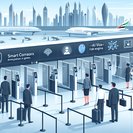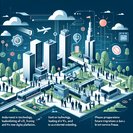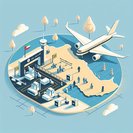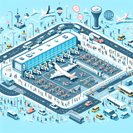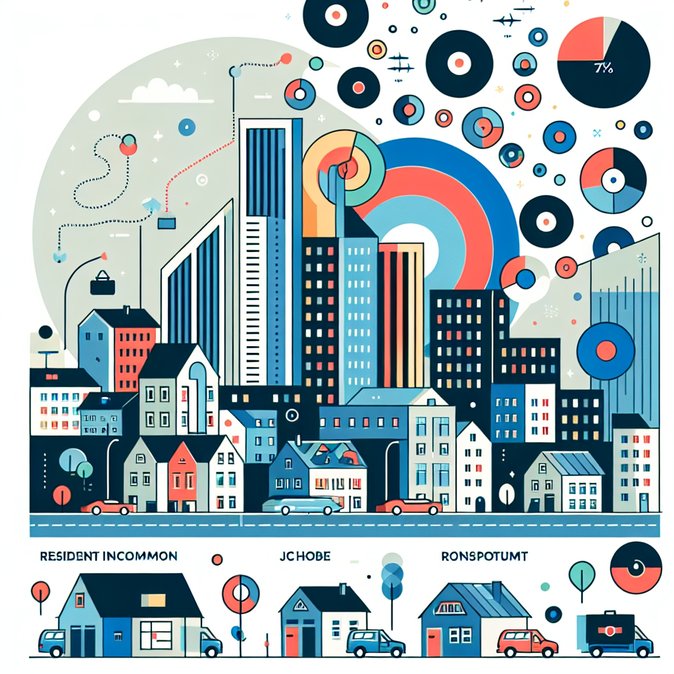
Real-time data from Dubai’s Population Clock show the emirate gained 17,669 residents between mid-October and mid-November, pushing its headcount to 4.044 million—the fastest monthly increase on record. Over the last 12 months the city has added more than 208,000 people, underscoring its pull for global talent, entrepreneurs and high-net-worth investors.
Demographers attribute the surge to the UAE’s liberalised long-term-residency regime, particularly the Golden Visa, and to last year’s overhaul of visit- and work-permit categories that made it easier for freelancers, remote workers and retirees to obtain status. Corporate recruiters cite easy company formation, zero personal tax and a perception of safety as additional draws.
![Dubai’s population tops 4 million after record 17,669 new residents in a single month]()
While growth is a vote of confidence, it raises practical questions for mobility and real-estate teams: housing inventory is tightening, school waiting lists are lengthening and morning congestion on Sheikh Zayed Road has returned to pre-pandemic levels. Dubai authorities say the Dubai 2040 Urban Master Plan—featuring the 30 km Metro Blue Line, wider Emirates Road and the “20-Minute City” walkability concept—will absorb the influx.
For multinationals, the demographic spike reinforces the need to secure accommodation early, review cost-of-living allowances and monitor infrastructure roll-out timelines. It also suggests that demand for skilled-worker visas and dependants’ passes will remain high through 2026, so HR teams should reserve immigration quotas well in advance.
Demographers attribute the surge to the UAE’s liberalised long-term-residency regime, particularly the Golden Visa, and to last year’s overhaul of visit- and work-permit categories that made it easier for freelancers, remote workers and retirees to obtain status. Corporate recruiters cite easy company formation, zero personal tax and a perception of safety as additional draws.
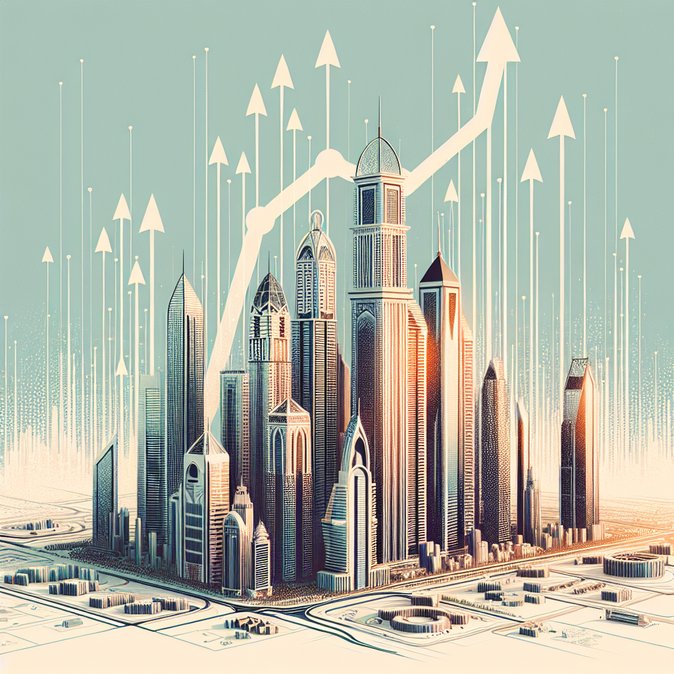
While growth is a vote of confidence, it raises practical questions for mobility and real-estate teams: housing inventory is tightening, school waiting lists are lengthening and morning congestion on Sheikh Zayed Road has returned to pre-pandemic levels. Dubai authorities say the Dubai 2040 Urban Master Plan—featuring the 30 km Metro Blue Line, wider Emirates Road and the “20-Minute City” walkability concept—will absorb the influx.
For multinationals, the demographic spike reinforces the need to secure accommodation early, review cost-of-living allowances and monitor infrastructure roll-out timelines. It also suggests that demand for skilled-worker visas and dependants’ passes will remain high through 2026, so HR teams should reserve immigration quotas well in advance.






